Alkyonides days
Alkyonides days, in Greece, are called the warm days in the middle of winter, usually at around the middle of January, which are a welcome brake to the cold winter weather. Alkyona is a small sea bird. The tradition says that this bird lays its eggs during those warm winter days. The ancient Greek have a myth for that.
Here is the myth:
Local customs and traditons
One of the customs the students described, has a ritual called "Piperou". It is very old and it takes place early in the summer. The purpose of that ritual is to ask for rain, to water the fields and crops, during the hot and dry summer season. The ritual is as it follows: A you ng lady is dressed in leaves and flowers and walks around the village followed by otherwomen and they sing the "Piperou" song asking for rain. As she walks by the houses, the villagers throw water on her as if it was rain. The procession ends at the seaside where they sing and dance all together, traditional songs and dances.
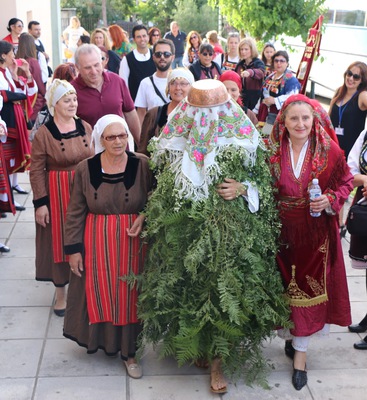
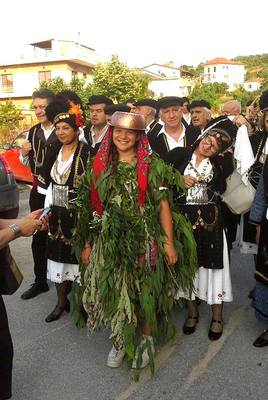
Another custom is called "Ai Giannis Klidonas". It also take place in the summer and it dates back to the antiquity. The ritual involves the lighting of a big fire for catharsis. A day before we celebrate St.John - Ai Giannis in Greek - all unmarried girls go to thecentral square of the village, they fill a big jar, pitcher, stamna, with the "unspoken water". They carry this water, silent, and without laughing, and they place it in a cicle made of stones and flowers, in the central square of the village. Inside their jar, they place a personal object such as a ring and they cover it with a red cloth and seal it with a string. They sleep at night with their jar in their minds, hoping to dream their future husband. The next morning they go to church and have celebrations.
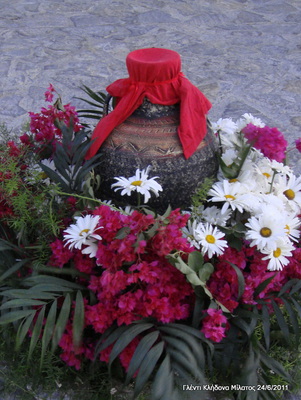
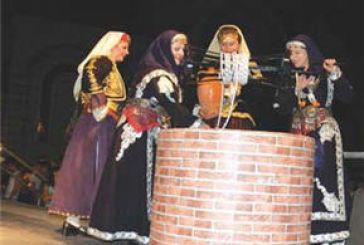
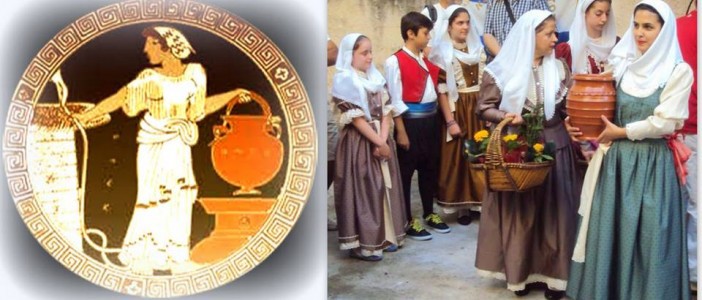
Another custom takes place in July the 20th when Prophet Elias is celbrated. There is an all nigh celebration and the other day there is a festival where people eat fish (sardines) and drink wine.
There are also many festivals and one of the is the Sardine Festival. In Ierissos, traditionally, there are many fishermen and the sardines from Ierissos are famous all over Greece. They eat sardines, dance and sing traditional Greek dance and songs.
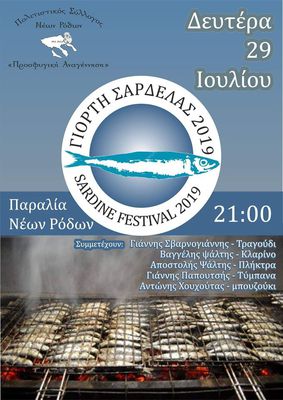
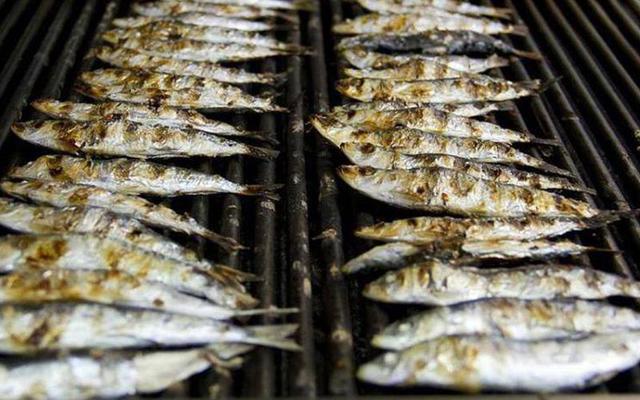
A traditional profession in Ierissos is shipbuilding. They are excellent shipbuilders and experts in ther craft. They get orders from all over Greece.
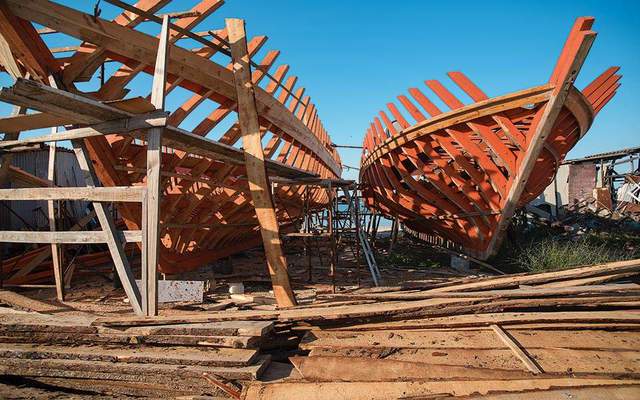
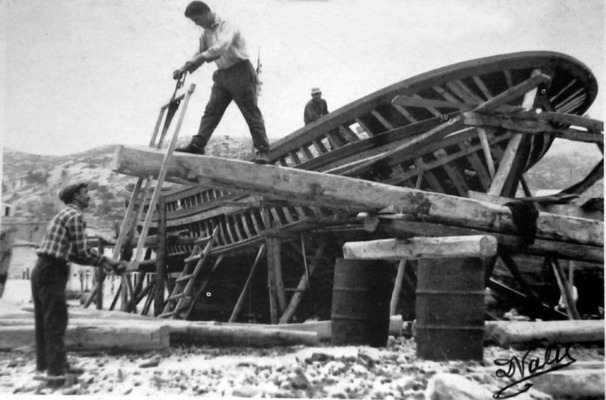
Cultivating olives is traditional in Greece and in Chalkidiki area too. Olive groves dominate the landscape with their beautiful silver green leaves, producing excellent quality of olives and extra virgin olive oil. The cultivation of the olive trr dates back to the antiquity. The winners of the ancient Olympic games were given a wreath of olive leaves, the sacred tree of the ancient godess Athena.
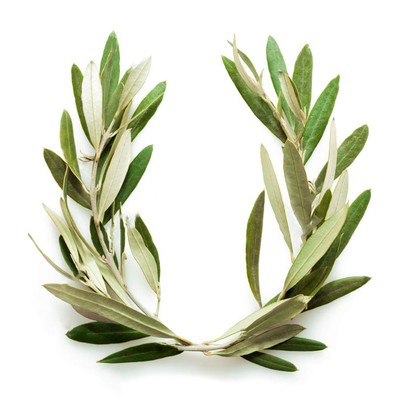
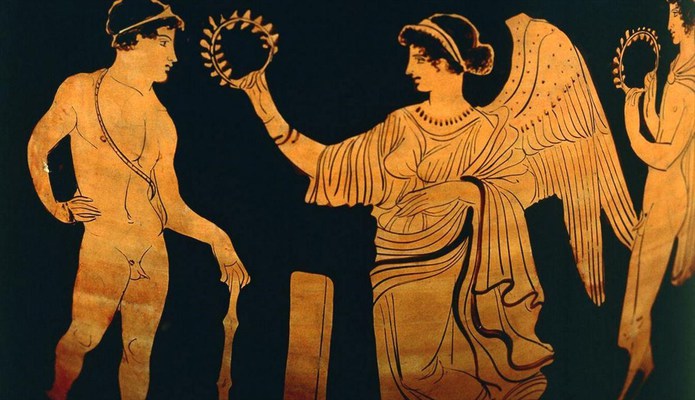
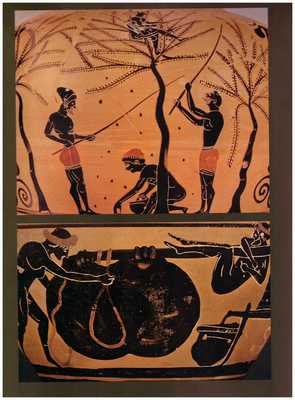
There are many customs and traditions, national or local, which date back to the antiquity and have been adapted to the Greek Orthodox Christian religion.
This season, February, start the celebrations of the Carnival, which dates back to the Dionyssian feasts. It is a period that people dress up in costumes, drink wine and eat meat (sausages, souvlakia, paedakia, brizoles - names of meat dishes). It is a short peoriod which ends in Shrove Monday, when the forty days lent before Easter, begins. It is deeply connected to the beginning of Spring and the revival of Nature.
These
are only a few information about customs and traditions in our place
and our country. We hope yo find them interesting.



No comments:
Post a Comment
Note: only a member of this blog may post a comment.